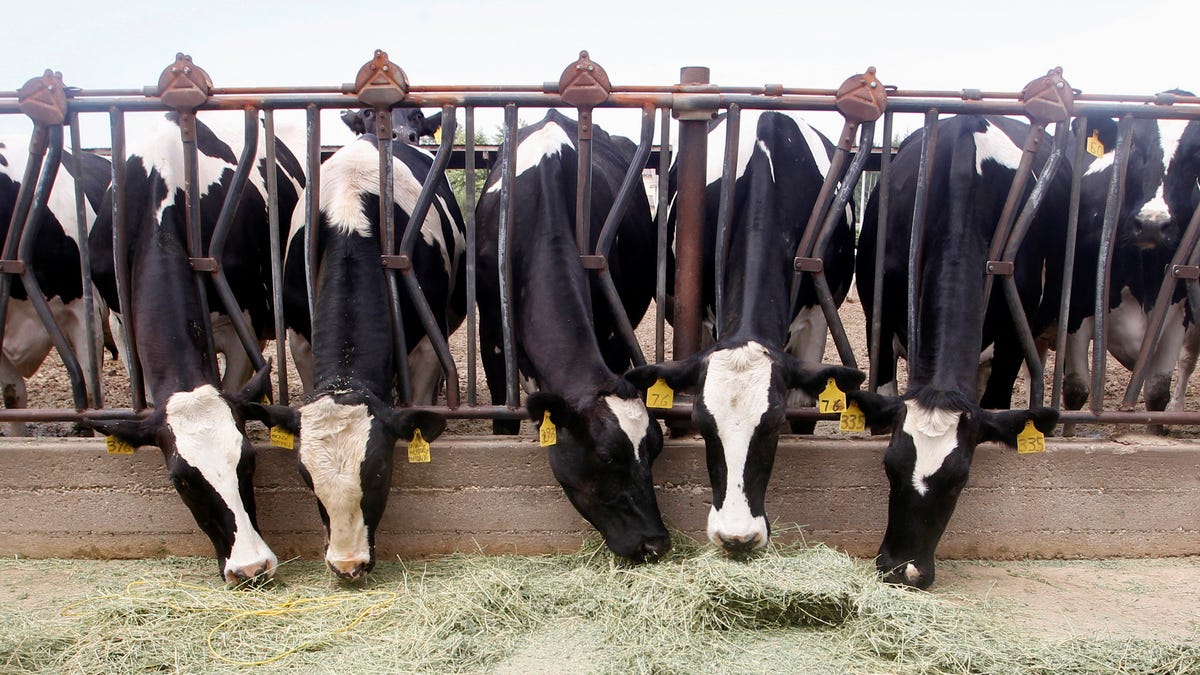Fitness
Researchers are developing an experimental mRNA vaccine to limit bird flu outbreak

Researchers are developing an mRNA-based vaccine against the contagious H5N1 bird flu virus that is spreading rapidly among poultry and cattle and has already infected two humans in the United States.
The experimental vaccine is being produced using the same techniques as the ones used to make mRNA vaccines for the COVID-19 pandemic. Researchers said that mRNA vaccines are faster to develop and target to specific virus strains compared with traditional vaccines.
“The mRNA technology allows us to be much more agile in developing vaccines; we can start creating a mRNA vaccine within hours of sequencing a new viral strain with pandemic potential,” said senior researcher Scott Hensley, a professor of Microbiology at the Perelman School of Medicine at the University of Pennsylvania, in a press release. “During previous influenza pandemics, like the 2009 H1N1 pandemic, vaccines were difficult to manufacture and did not become available until after the initial pandemic waves subsided.”
Traditional bird flu vaccines are made by injecting fertilized chicken eggs with what scientist believe will be a dominant viral strain. Scientists then let the virus replicate in the eggs before inactivating the virus and using it for flu shots. However, the virus must first be adapted to replicate in fertilized eggs in a process that can take up to six months.
MRNA vaccines, on the other hand, can be be produced as soon as scientist sequence the DNA of a virus. Using that sequence, scientist develop a mRNA molecule that, once injected, instructs cells to produce a protein that will trigger an immune response against a virus.
According to a study published in Nature Communications, the experimental mRNA vaccine was found to induce a strong antibody response in mice and ferrets, which lasted a year after vaccination. The researchers found that animals that were vaccinated and were later infected with H5N1 all survived, while all unvaccinated animals died. The study also compared the effectiveness of the mRNA vaccine with a traditional vaccine and found it provided the same level of protection.
This development comes as U.S. officials are weighing whether to vaccinate workers that are in close contact with the virus.
Dawn O’Connell, assistant secretary of the U.S. Administration for Strategic Preparedness and Response, said that the government is “looking closely” at vaccinating farm workers, Reuters reported. This month, a second dairy farm worker was reported to have been infected with the virus.
Last week, O’Connell said the U.S. has moved forward with filling about 4.8 million doses of bird flu vaccine into vials from a national stockpile of bulk vaccines.










